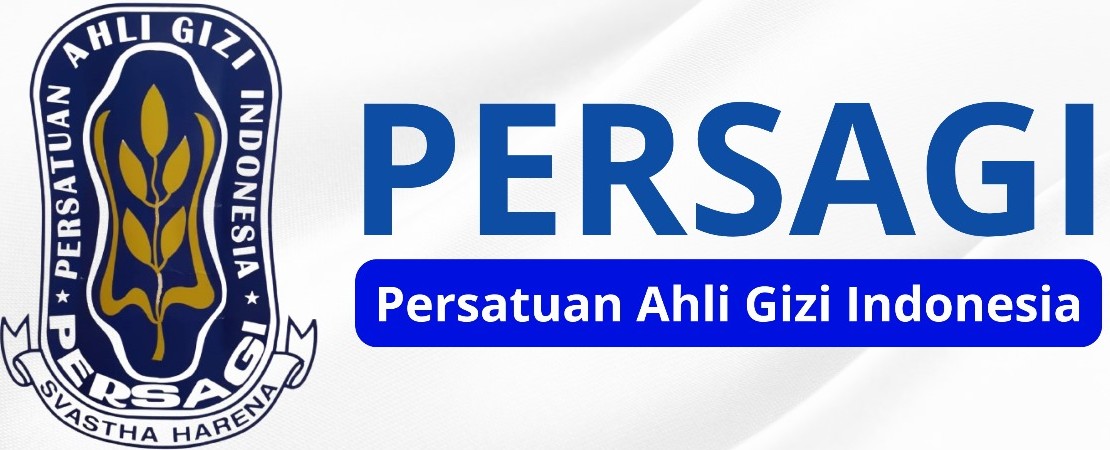Edukasi Diet Diabetes Puasa untuk Mengendalikan Gula Darah Saat Menjalankan Puasa Ramadhan
Abstract
Background: Fasting during Ramadan could have negative effects on individuals with Type 2 Diabetes Mellitus (T2DM), as it would lead to hypoglycemia or hyperglycemia. Non-compliance with the recommended diet during fasting is one of the factors that can trigger these conditions. Knowledge about the appropriate diet plays a crucial role in successfully adhering to the diet.
Objective: The aim of this study is to assess the effect of providing T2DM education during Ramadan fasting on knowledge and fasting blood glucose levels.
Method: This study is an experimental research conducted using a randomized controlled trial design with a pretest-posttest control group design. The participants of this study were T2DM patients from Tlogosari Kulon Community Health Center and Kedungmundu Community Health Center who were enrolled in the Prolanis program and did not have any complications related to kidney failure or stroke. A total of 46 participants were divided into a treatment group and a control group. The treatment group received nutritional education on managing their diet while fasting during Ramadan. This education was provided one week prior to the start of Ramadan fasting. Data collection included assessing knowledge, food intake, nutritional status, and fasting blood glucose levels before and after Ramadan fasting. The collected data will be analyzed using univariate analysis to describe the research data and to test the impact of nutrition education on knowledge and fasting blood glucose levels levels. The independent t-test with a significance level of α=0.05 will be used for this analysis.
Result: There was a significant difference before and after being given nutrition education in intervention group on increasing knowledge levels in the intervention group (p=0.029) also lowering the blood glucose levels (p = 0.000). Providing education to the intervention group increased the knowledge score from 68.56 +12.81 to 79.26+9.47. There was an increase in knowledge leves by 10.70+3.34 in the intervention group. Nutritioneducation also reduced fasting blood glucose levels in intervention gropus from 177.78 + 79.61 to 141.35 + 43.78. There was a lowering in the blood glucose levels by -36.43 + 71.89 in the intervention group.
Conclusion: There is a relationship between fasting ramadhan diabetes education with knowledge and blood glucose levels.
Keywords
Full Text:
PDFReferences
Dinas Kesehatan Provinsi Jawa Tengah (2015) Profil Kesehatan Provinsi Jawa Tengah. Available At: www.Dinkesjatengprov.go.id.
Kemenkes. infodatin-diabetes.pdf. Jakarta; 2014. p. 5.
Santosa, A. (2014) ‘Karakteristik Intake Kalori dan Gula Darah Pada Penderita Diabetes II Yang Berpuasa Ramadhan Dan Tidak Berpuasa Ramadhan’, Jurnal IKESMA, 10(1), pp. 22–30.
Dewi, T. Et Al. (2018) ‘Kepatuhan Diet Pasien DM Berdasarkan Tingkat Pengetahuan dan Dukungan Keluarga di Wilayah Puskesmas Sudiang Raya’, Media Gizi Pangan, 25, Pp. 55–63.
Ndraha S. Diabetes Melitus Tipe 2 Dan Tatalaksana Terkini. Medicinus. 2014;27(2):9–16.
Phitri HE. Hubungan Antara Pengetahuan dan Sikap Penderita Diabetes Mellitus dengan Kepatuhan Diet Diabetes Mellitus di RSUD AM . Parikesit Kalimantan Timur. 1(1):58–74
PERKENI. Konsensus Pengendalian dan Pencegahan Diabetes Melitus Tipe 2 di Indonesia 2015 [Internet]. Perkeni. 2015. 78 p. Available from:http://pbperkeni.or.id/doc/konsensus.pdf
Restuning, D. (2015). Efektifitas Edukasi Diabetes dalam Meningkatkan Kepatuhan Pengaturan Diet pada Diabetes Melitus Tipe 2. Mutiara Medika: Jurnal Kedokteran dan Kesehatan, 15(1), 35-39.
Siswanto. Pengaruh edukasi gizi terhadap tingkat pengetahuan, pola makan, dan kadar glukosa darah pada penyandang DM tipe 2 di RSUD Lanto dg. Pasewang [Internet]. Makassar; 2012. Available from: www.journal.unhas.ac.id/index.php/mgmi/ article/ download/446/388
Widiastuti, A. Efektivitas Edukasi Terstruktur Berbasis Teori Perilaku Terencana Terhadap Pemberdayaan dan Kualitas Hidup Pasien Penyakit Jantung Koroner d di Rumah Sakit Pondok Indah Jakarta. Universitas Indonesia; 2012.
Alsunni, A. A. et al. (2020) ‘Knowledge, Attitude and Practice Regarding Ramadan Fasting and Related Determinants in Patients with Type 2 Diabetes at a Saudi Diabetes Clinic’, Diabetes, Metabolic Syndrome and Obesity, 13, pp. 151–159. doi: 10.2147/DMSO.S241496.
Hassanein M, Al-Arouj M, Hamdy O, et al. International diabetes federation (IDF), in collaboration with the diabetes and ramadan (DAR) international alliance. Diabetes and Ramadan: Practical Guidelines. Diabetes Res Clin Pract. 2017;126:303–316.
Zainudin SB, Ang DY, Soh AW. Knowledge of diabetes mellitus and safe practices during Ramadan fasting among Muslim patients with diabetes mellitus in Singapore. Singapore Med J. 2017 May;58(5):246-252. doi: 10.11622/smedj.2016085. Epub 2016 Apr 28. PMID: 27121922; PMCID: PMC5435842.
Ahmedani MY, Hashmi BZ, Ulhaque MS. Ramadan and diabetes - knowledge, attitude and practices of general practitioners; a cross-sectional study. Pak J Med Sci. 2016 Jul-Aug;32(4):846-50. doi: 10.12669/pjms.324.9904. PMID: 27648026; PMCID: PMC5017089.
Nassar, M., Ahmed, T. M., AbdAllah, N. H., El Sayed El Hadidy, K., & Sheir, R. E.-S. (2021). The impact of structured diabetes education on glycemic control during Ramadan fasting in diabetic patients in Beni Suef, Egypt. Diabetes & Metabolic Syndrome: Clinical Research & Reviews, 15(5), 102249. https://doi.org/https://doi.org/10.1016/j.dsx.2021.102249
Bravis, V., Hui, E., Salih, S., Mehar, S., Hassanein, M. and Devendra, D. (2010), Ramadan Education and Awareness in Diabetes (READ) programme for Muslims with Type 2 diabetes who fast during Ramadan. Diabetic Medicine, 27: 327-331. https://doi.org/10.1111/j.1464-5491.2010.02948.x
Yara M. Eid, Sahar I. Sahmoud, Mona M. Abdelsalam, Barbara Eichorst; Empowerment-Based Diabetes Self-Management Education to Maintain Glycemic Targets During Ramadan Fasting in People With Diabetes Who Are on Conventional Insulin: A Feasibility Study. Diabetes Spectr 1 February 2017; 30 (1): 36–42. https://doi.org/10.2337/ds15-0058
DOI: https://doi.org/10.31983/jrg.v12i1.11470
Article Metrics
Refbacks
- There are currently no refbacks.
Pengindeksan :
Jurnal Riset Gizi oleh http://ejournal.poltekkes-smg.ac.id/ojs/index.php/jrg disebarluaskan di bawah Lisensi Creative Commons Atribusi-BerbagiSerupa 4.0 Internasional.

.png)

.png)
.png)
.png)












